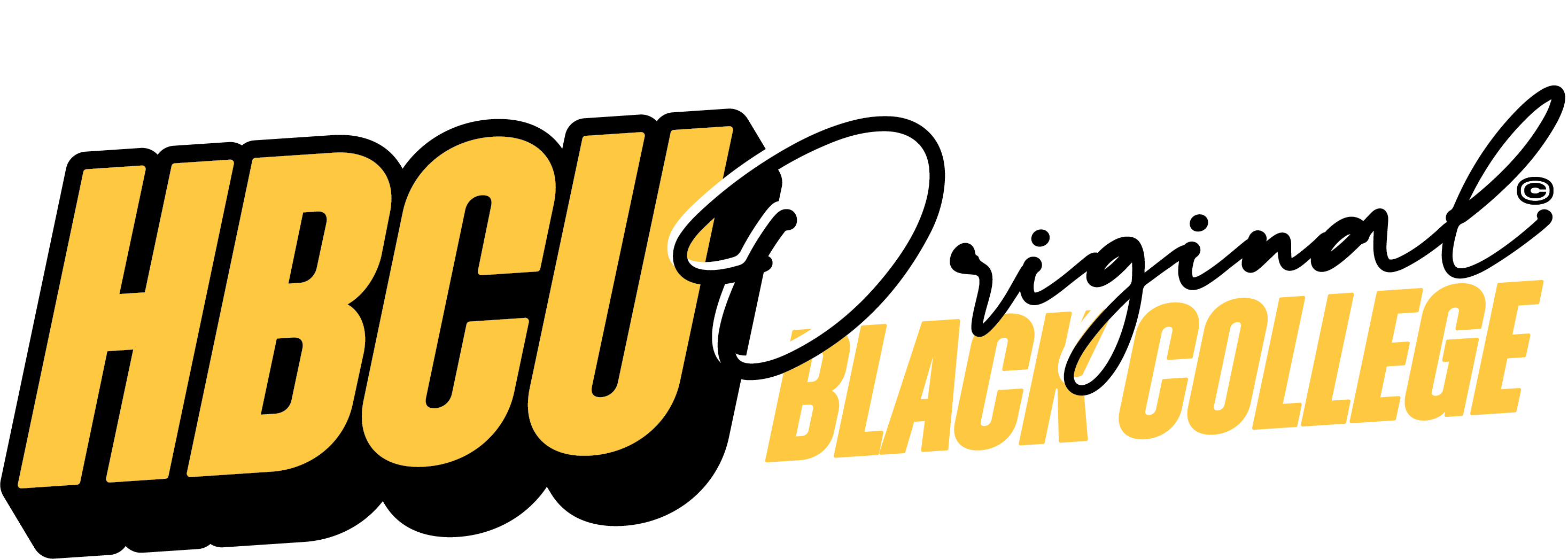Alumin Impact
Controversy Brews as President Biden Takes Morehouse Commencement Stage: Should He or Shouldn’t He?
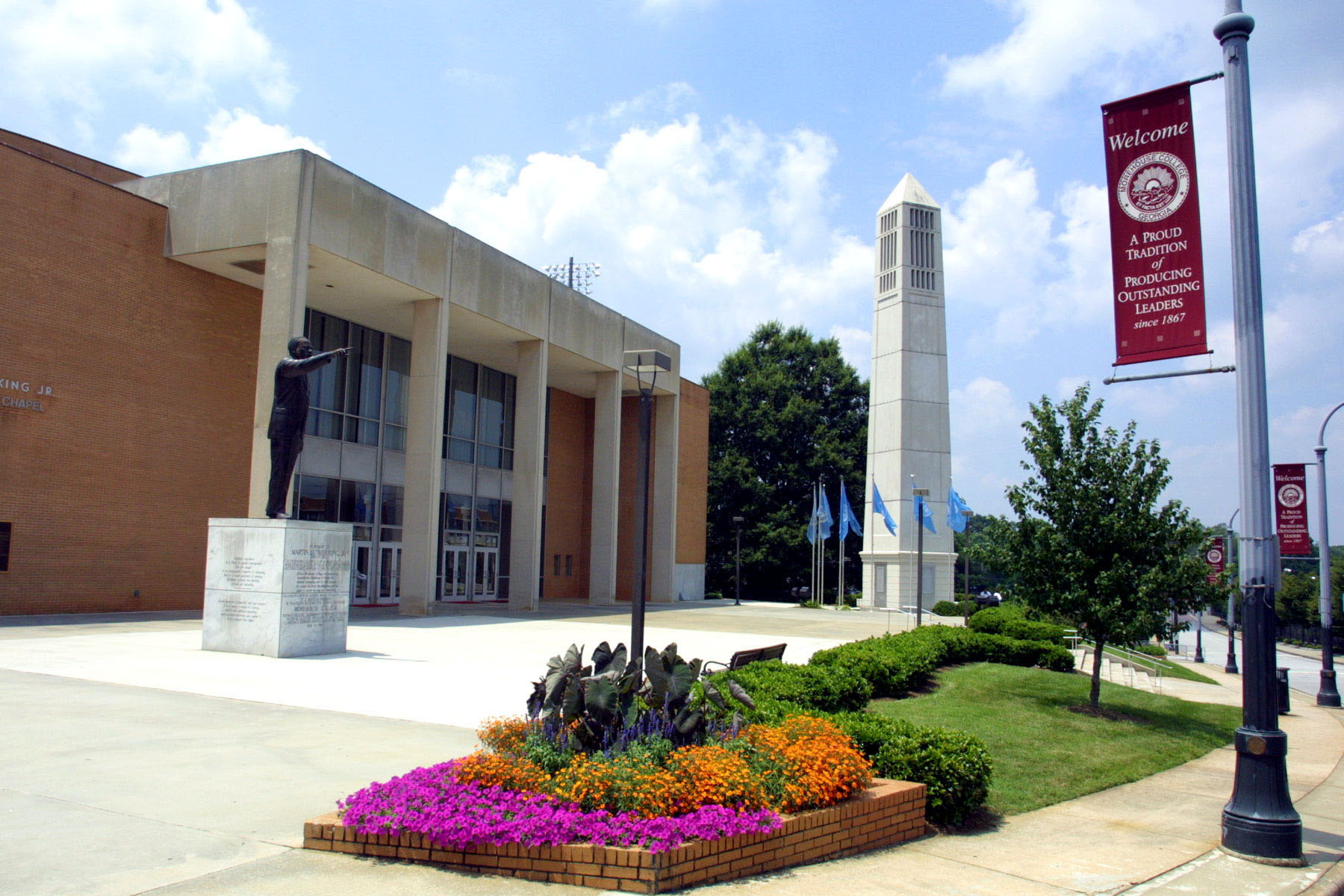
President Joe Biden’s upcoming commencement address at Morehouse College in Atlanta has ignited a heated debate across social media platforms and within academic circles. Scheduled to address the graduating class of 2024, Biden’s presence at the historically Black institution has stirred controversy, with passionate arguments on both sides of the aisle.
While some laud the symbolism of the President’s visit to one of the nation’s most prestigious historically Black colleges and universities (HBCUs), others question the sincerity of his commitment to addressing systemic issues facing Black communities. Critics argue that Biden’s track record on racial justice and education falls short, citing concerns such as the slow progress on student loan forgiveness and the lack of substantial funding for HBCUs.
Supporters of Biden’s appearance at Morehouse point to the significance of his presence as a powerful statement of solidarity with the Black community, particularly amidst ongoing struggles for racial equity and justice. They argue that his address offers an opportunity to engage with and uplift the voices of young Black graduates, acknowledging their achievements and the challenges they face as they enter the workforce.
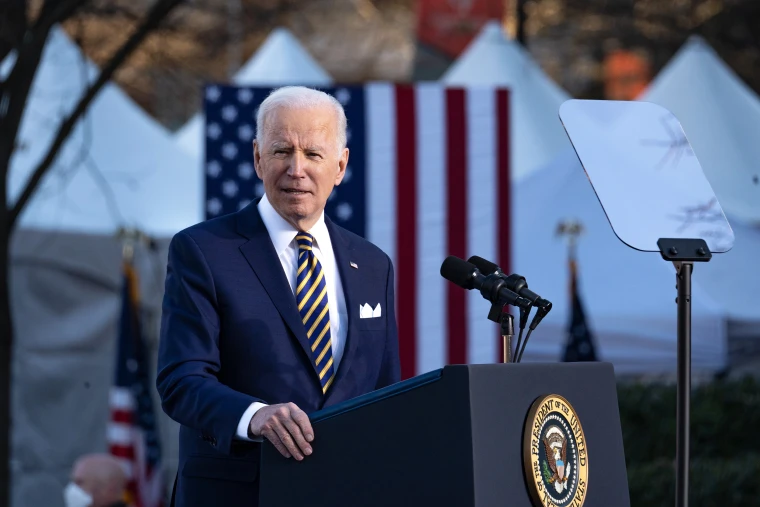
However, skeptics question whether Biden’s rhetoric will be backed by meaningful action, emphasizing the need for tangible policy changes that address the root causes of inequality and discrimination. Some argue that his presence at Morehouse could be perceived as mere performative allyship, without substantive policy initiatives to support Black students and communities.
As the debate rages on, one thing remains clear: President Biden’s commencement address at Morehouse College has sparked important conversations about the intersection of symbolism and substance in the fight for racial justice and equity. Whether his speech will mark a transformative moment or serve as another footnote in the ongoing struggle for equality is yet to be seen. But one thing is certain: the eyes of the nation will be watching closely as Biden takes the stage in Atlanta.
Alumin Impact
2024 Annual National HBCU Week Conference

The Initiative will host the 2024 Annual National HBCU Week Conference September 15-19, 2024, in Philadelphia, Pennsylvania. Aligning with the Department’s “Raise the Bar: Lead the World” call to action, the Initiative will continue to identify and target tangible opportunities that would connect federal and private resources to the HBCU community. To that end, the conference will feature the sixth annual Career and Recruitment Fair, celebrate the 10-year anniversary of the HBCU Scholar Program, the always exciting Federal Agency Meet & Greet, and feature 50+ sessions and workshops grouped into the following paths of engagement:
Career Pathways and Economic Mobility: This track is designed to maximize programs, resources, and initiatives that support the recruitment of HBCU talent, human capital, and career advancement opportunities.
Research and Innovation: This track is designed to expand research capacity and opportunities within federal agencies, private and nonprofit organizations for HBCUs. It is an opportunity to showcase innovation through partnerships that involve HBCUs, its faculty and its students.
Economic Development: This track will provide information on how HBCUs can leverage partnerships that advance opportunities to promote the economic wealth of the HBCU and the communities they serve.
STEAM: Exploring evidence-based tools and innovative practices in Science, Technology, Engineering, Arts and Mathematics.
Infrastructure: Broadening access to resources that provides equitable support to mitigate, enhance and sustain physical and technological infrastructure.
Executive Leadership: Invitation only engagements for Presidents and their executive leadership.
Emerging Leaders: Formulated for students and entry to mid-level professionals.
Event Information
Conference Content (Coming Soon)
Federal Employee- Volunteer Information
Alumin Impact
Authors Who Impacted HBCU Schools
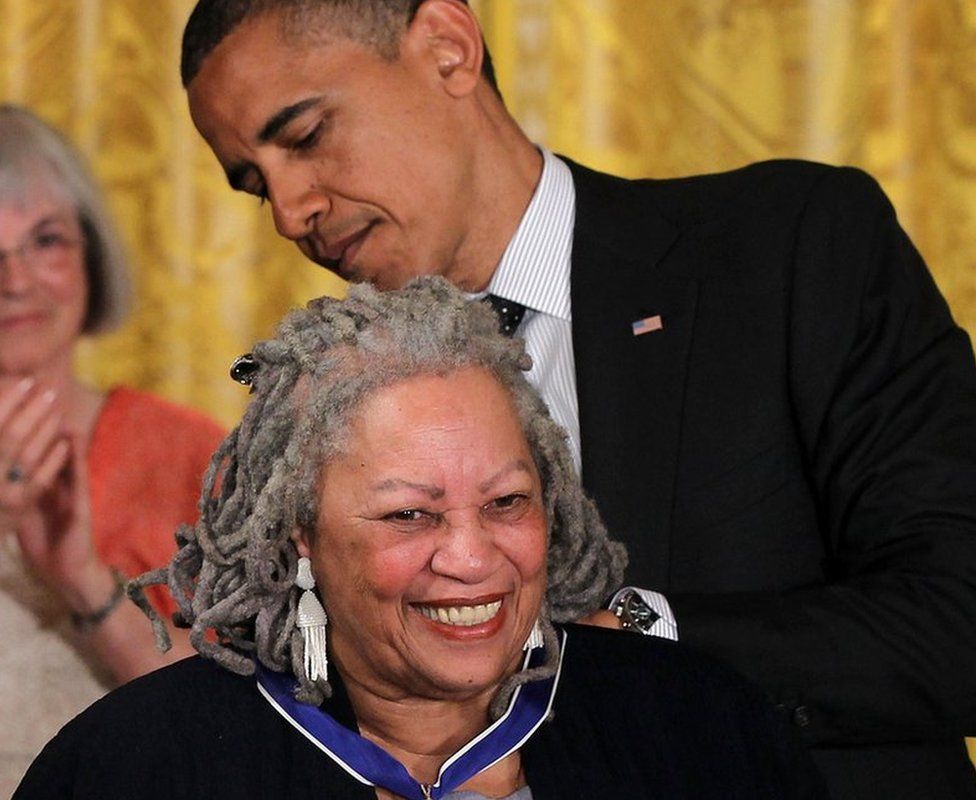
At HBCU Original, we proudly recognize the profound influence of literature on the landscape of Historical Black Colleges and Universities (HBCUs). Join us as we explore the lives and works of notable authors who have left an indelible mark on HBCU campuses, shaping the intellectual and cultural fabric of these institutions.
1. Zora Neale Hurston – Barnard College (Attended Howard University for Bachelor’s): Zora Neale Hurston, renowned for her groundbreaking novel “Their Eyes Were Watching God,” spent formative years at Howard University. Her vibrant prose and exploration of African American folklore continue to inspire students and scholars at HB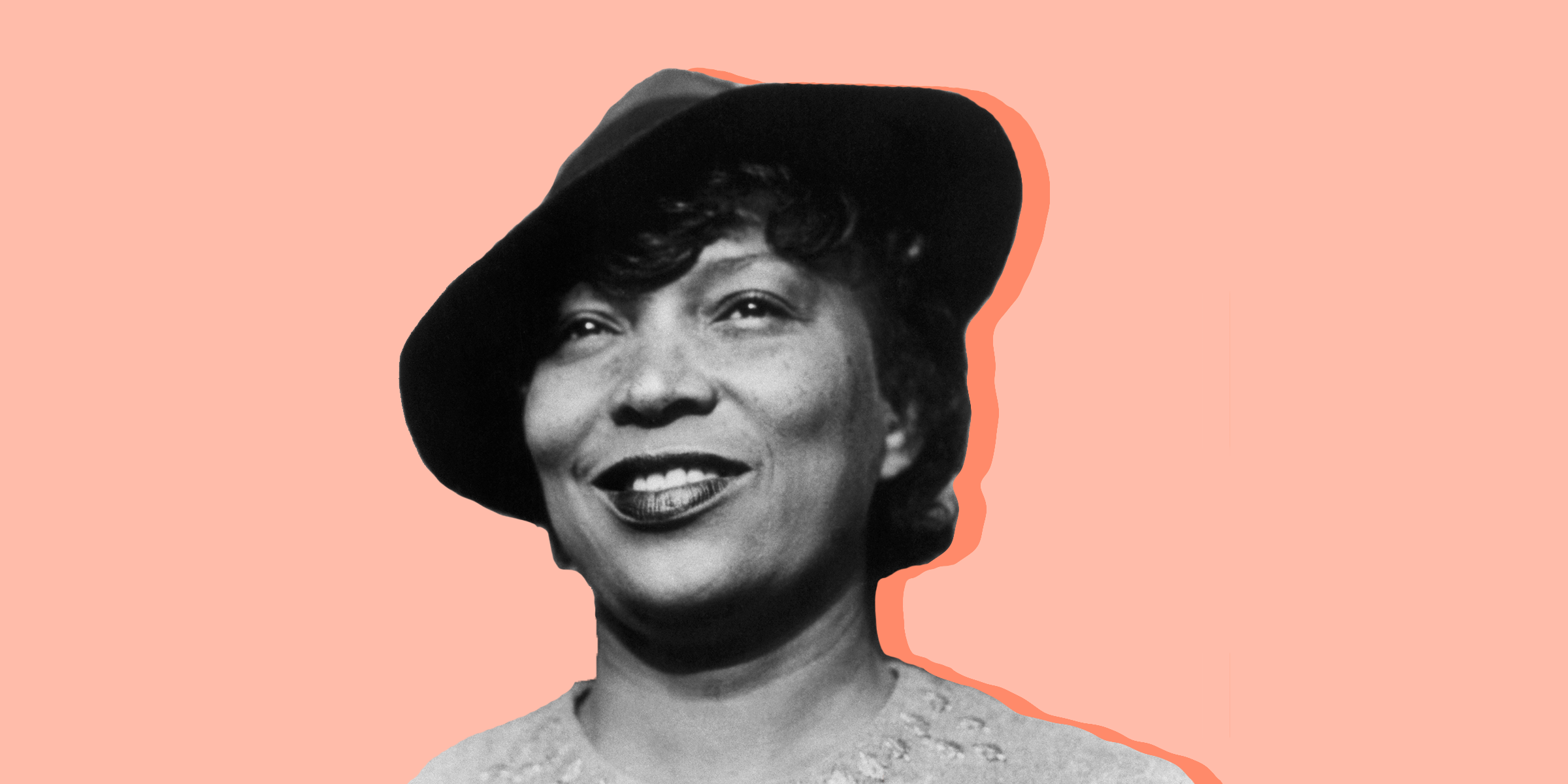 CUs, illuminating the complexities of Black identity and experience.
CUs, illuminating the complexities of Black identity and experience.
2. Toni Morrison – Howard University (Late): Toni Morrison, a Nobel laureate and Pulitzer Prize-winning author, served as an esteemed faculty member at Howard University early in her career. Her novels, including “Beloved” and “The Bluest Eye,” resonate deeply with students and faculty, fostering critical dialogue on race, memory, and resilience within HBCU communities.
3. Langston Hughes – Lincoln University (Late): Langston Hughes, a pivotal figure in the Harlem Renaissance, attended Lincoln University, where he honed his craft as a poet, playwright, and essayist. His works, such as “The Negro Speaks of Rivers” and “Montage of a Dream Deferred,” continue to be studied and celebrated on HBCU campuses for their profound social commentary and lyrical beauty.
4. Alice Walker – Spelman College: Alice Walker, acclaimed author of “The Color Purple,” is a proud alumna of Spelman College. Her literary activism and exploration of Black womanhood have resonated deeply within HBCU communities, inspiring generations of students to engage critically with issues of race, gender, and power.
5. James Baldwin – The New School (Attended Howard University for 2 years): James Baldwin, though he didn’t graduate from an HBCU, spent formative years at Howard University. His powerful essays and novels, such as “Go Tell It on the Mountain” and “The Fire Next Time,” continue to provoke thought and inspire activism among students and scholars at HBCUs, urging them to confront systemic injustice and embrace the power of storytelling as a tool for social change.
6. Ralph Ellison – Tuskegee University (Late): Ralph Ellison, author of the seminal novel “Invisible Man,” attended Tuskegee University, where he was influenced by the teachings of Booker T. Washington. His exploration of identity, invisibility, and racial prejudice continues to resonate with students and faculty at HBCUs, prompting critical reflections on the complexities of Black existence in America.
7. Nella Larsen – Fisk University (Attended University of Copenhagen for Nursing): Nella Larsen, a groundbreaking novelist of the Harlem Renaissance, attended Fisk University before pursuing nursing studies in Copenhagen. Her novels, including “Quicksand” and “Passing,” offer incisive critiques of racial passing and societal expectations, prompting meaningful discussions on identity and authenticity within HBCU classrooms.
8. Gwendolyn Brooks – Wilson Junior College (Attended Wilson Junior College for 2 years): Gwendolyn Brooks, the first African American to win the Pulitzer Prize for Poetry, attended Wilson Junior College before transferring to a predominantly white institution. Her poetry, infused with themes of racial injustice and urban life, continues to inspire students and faculty at HBCUs, fostering a deeper understanding of Black lived experiences.
9. Nikki Giovanni – Fisk University: Nikki Giovanni, acclaimed poet, activist, and educator, is a proud alumna of Fisk University. Her bold, unapologetic verses on love, race, and social justice have resonated deeply within HBCU communities, inspiring generations of students to find their voice and speak truth to power.
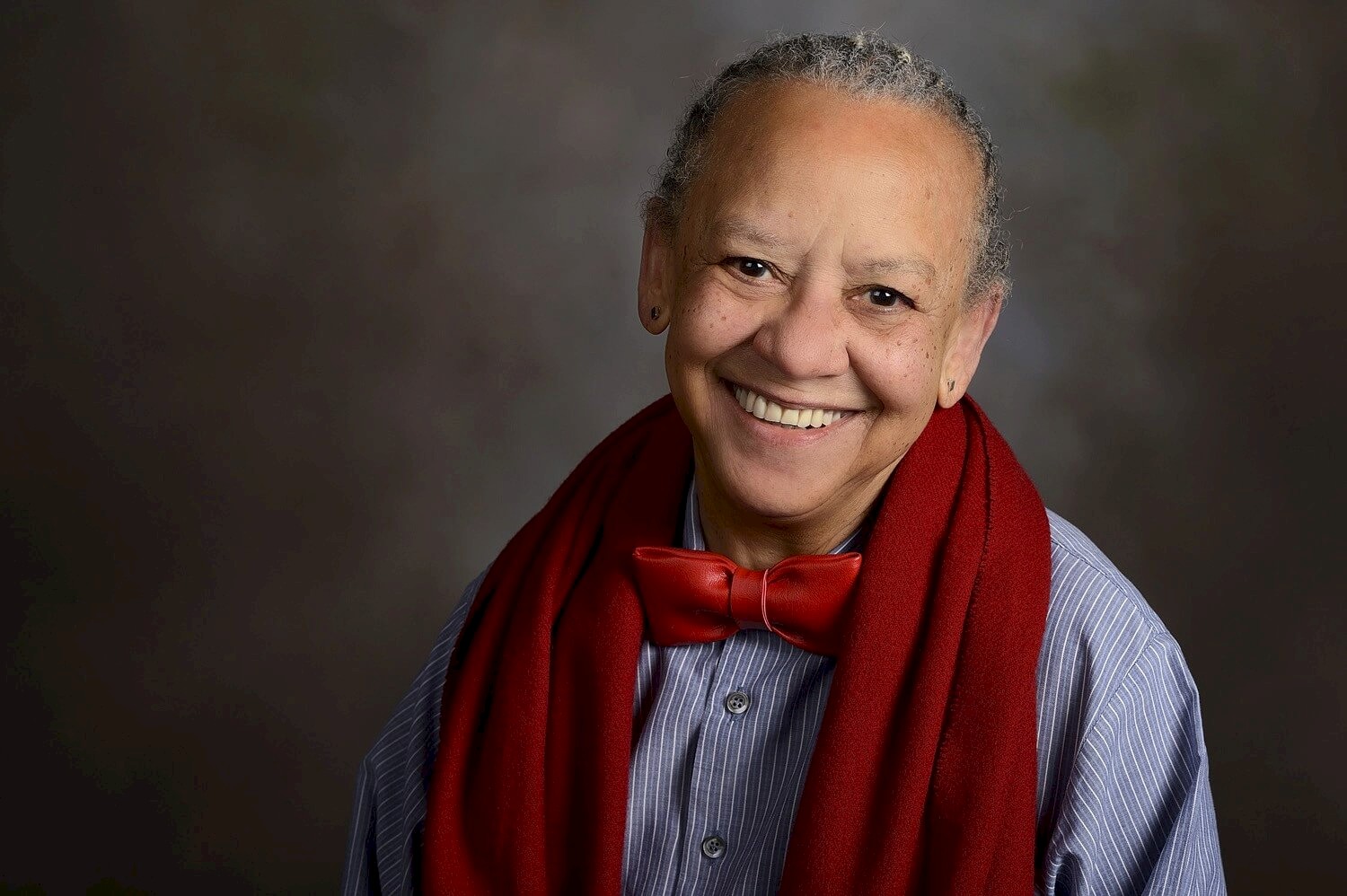
10. August Wilson – University of Pittsburgh (Attended Central State University for 1 semester): August Wilson, renowned playwright and two-time Pulitzer Prize winner, briefly attended Central State University before transferring. His powerful cycle of plays, including “Fences” and “The Piano Lesson,” explore the African American experience with depth and humanity, leaving an indelible impact on HBCU students and scholars who study his work.
These notable authors have not only enriched the literary landscape but have also contributed to the intellectual vibrancy of HBCU campuses, inspiring generations of students to engage critically with issues of race, identity, and social justice. At HBCU Original, we honor their enduring legacies and celebrate their profound impact on the world of literature and academia.
Alumin Impact
Notable Alumni from Historical Black Colleges and Universities (HBCUs)
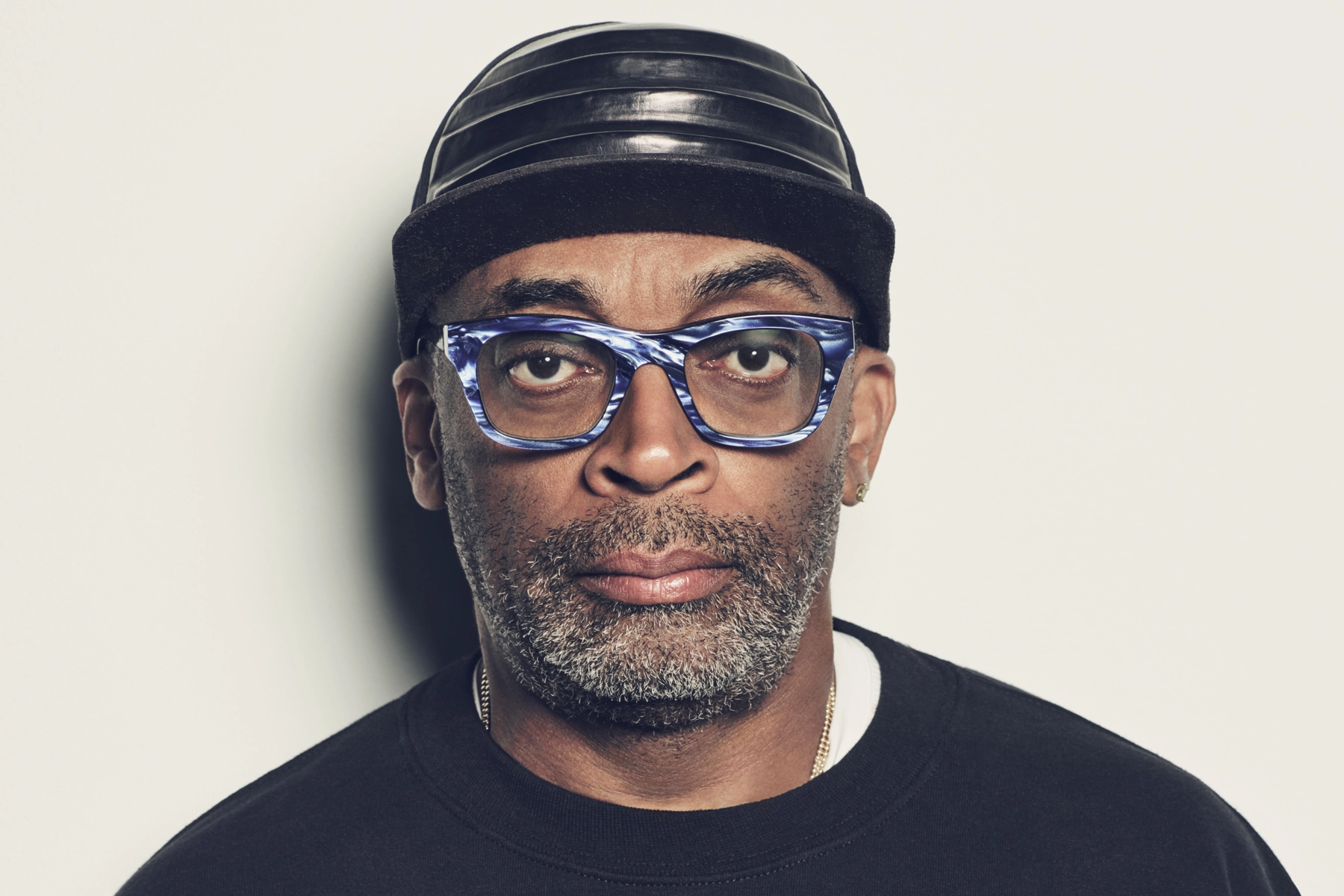
At HBCU Original, we take immense pride in honoring the rich heritage and remarkable achievements of Historical Black Colleges and Universities (HBCUs). Join us as we shine a spotlight on some of the distinguished alumni who have emerged from these esteemed institutions, leaving an indelible mark in various spheres of influence.
Celebrity HBCU Alumni:
- Oprah Winfrey – Tennessee State University
- Taraji P. Henson – Howard University
- Samuel L. Jackson – Morehouse College
- Erykah Badu – Grambling State University
- Chadwick Boseman – Howard University (Late)
- Anika Noni Rose – Florida A&M University
- Common – Florida A&M University
- Wendy Raquel Robinson – Howard University
- Spike Lee – Morehouse College
- Keshia Knight Pulliam – Spelman College
Professional Athletes:
- Jerry Rice – Mississippi Valley State University
- Doug Williams – Grambling State University
- Steve McNair – Alcorn State University (Late)
- Earl Monroe – Winston-Salem State University
- Terry Crews – Western Michigan University (Attended Flint, Michigan’s Interlochen Center for the Arts for High School)
- Willie Lanier – Morgan State University
- Dominique Wilkins – University of Georgia (Attended North Carolina State University for 2 years)
- Alice Coachman – Tuskegee University (Late)
- Tina Thompson – University of Southern California (Attended University of Southern California for Master’s)
- Bob Hayes – Florida A&M University (Late)
Famous Politicians:
- Kamala Harris – Howard University
- Andrew Young – Howard University
- Thurgood Marshall – Lincoln University (Late)
- Shirley Chisholm – Brooklyn College (Attended Brooklyn College’s Jamaica Campus for High School) (Late)
- Kwame Kilpatrick – Florida A&M University
- Stacey Abrams – Spelman College
- Cory Booker – Stanford University (Attended Stanford University for Bachelor’s) (Attended Stanford University for Master’s)
- Julian Bond – Morehouse College (Late)
- John Lewis – Fisk University (Late)
- Barbara Jordan – Texas Southern University (Late)
Musicians and Singers:
- H.E.R. – Berklee College of Music (Attended Berklee College of Music for Music Production and Engineering)
- Diddy – Howard University
- Pharrell Williams – Northwestern University (Attended Northwestern University for 2 years)
- Kamasi Washington – UCLA Herb Alpert School of Music (Attended UCLA Herb Alpert School of Music for Jazz Studies)
- Toni Braxton – Bowie State University
- Patti LaBelle – University of Maryland Eastern Shore
- Sean Combs – Howard University
- T-Pain – Florida A&M University
- K. Michelle – Florida A&M University
- Fonzworth Bentley – Morehouse College
Other Important Persons:
- Dr. W.E.B. Du Bois – Fisk University (Late)
- Dr. Maya Angelou – California Labor School (Late)
- Dr. Alain LeRoy Locke – Harvard University (Late)
- Dr. Octavia E. Butler – California State University, Los Angeles (Late)
- Dr. Carter G. Woodson – University of Chicago (Late)
- Dr. Mary McLeod Bethune – Scotia Seminary (Late)
- Dr. Carter G. Woodson – University of Chicago (Late)
- Dr. John Hope Franklin – Fisk University (Late)
- Dr. Benjamin E. Mays – Bates College (Late)
- Dr. Dorothy Height – New York University (Late
-
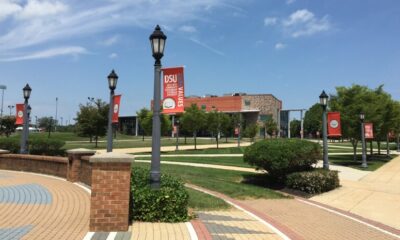
 Campus5 months ago
Campus5 months agoDiscovering Heritage and Excellence: A Journey through Delaware State University’s Iconic Campus
-

 Campus5 months ago
Campus5 months agoEmbracing Tradition and Innovation: A Tour of Lincoln University’s Historic Campus
-

 Campus5 months ago
Campus5 months agoA Day in the Life: Exploring Campus Culture at HBCUs
-

 Campus5 months ago
Campus5 months agoA Journey through Morgan State University’s Storied Campus
-

 HBCU ORIGINAL4 months ago
HBCU ORIGINAL4 months agoExploring Excellence: A Journey Through Bowie State University’s Historic Campus
-

 Events4 months ago
Events4 months agoBiden campaign working to turn its HBCU support into electoral support
-
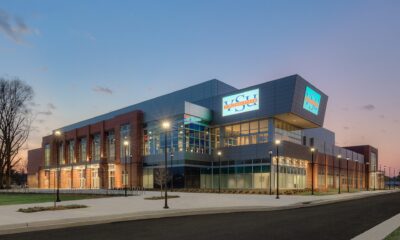
 Campus3 months ago
Campus3 months agoUnveiling Heritage and Excellence: Exploring Virginia State University’s Timeless Campus
-

 Campus4 months ago
Campus4 months agoCoppin State University’s Historic Campus
